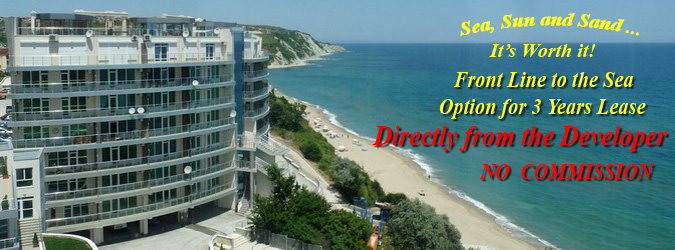Economy & Politics
Bulgaria is a parliamentary republic with a one-chamber parliament (The National Assembly) having 240 national representatives elected for a period of 4 years.
The National Assembly is the supreme, permanently acting body and exclusively carries the legislature. It has the right to exercise parliamentary control over the activity of the executive power.
Head of State is the President, elected directly elected for a period of 5 years. The president institution embodies the unity of the nation and represents the State in the international relations. He is Supreme Commander-in-Chief of the Armed Forces of the Republic.
The central executive body is the Council of Ministers. It is proposed by the Prime Minister and elected by the National Assembly. The President assigns to the Prime Minister the government formation.
The Council of Ministers shall head the implementation of the state's domestic and foreign policy in compliance with the Constitution and the laws of the Republic of Bulgaria.
Territory of Bulgaria: 111 000 sq.km
Population: approx. 7 mln
Official language: Bulgarian
Religion: East Orthodox
Monetary unit: lev
Capital: Sofia
Time zone: GMT + 2
National flag: three-coloured: white, green, red
After 1989 Bulgaria decisively has made the first steps along the way to democracy.
So far significant results have been achieved; a lot has been done for the introduction of the market economy and the consolidation of the democratic institutions.
For the first time after the 1944-1989 period several fair democratic elections have been carried out fully complying with the European standards.
In terms of foreign policy the country has also been developing very successfully: it is a full member of NATO and in January 2007 the country is supposed to join the EU. All this is possible thanks to the efforts of all the governments having been in power after 1989.
Apart from the Bulgarians, there are also ethnic Turks, gypsies, as well as other minorities (Armenians, Greeks) living in the country but absolute ethnic tolerance has always existed here.
During the conflict in Yugoslavia Bulgaria turned out to be a factor keeping the stability on the Balkans.
Bulgaria is a part of a global coalition against terrorism and its back army divisions are sent to different places all over the world.
In economic terms Bulgaria has made good progress after the transition from centrally planned towards a market economy. At the beginning of the changes, in 1990, after the collapse of the Council for mutual economic assistance, after the loss of the Soviet markets, the Bulgarian economy shrank dramatically. But despite all difficulties and cataclysms going along with such significant political and economic changes, the country although slowly, has increasingly been stabilizing its economy. The unemployment rate has dropped; the incomes have started going up; there has been a stronger control on the labour safety conditions.
Following the changes in 1989 a great number of enterprises (most of them unprofitable) were shut down and many Bulgarians were actually left with nothing to live on. But in the course of the years, with the economy revival and the successful foreign policy the country has been implementing, new enterprises (many of them having foreign shares) have been set up giving new opportunities by opening many jobs.













